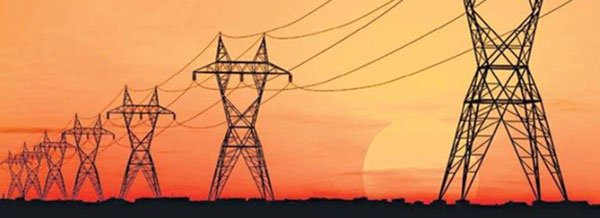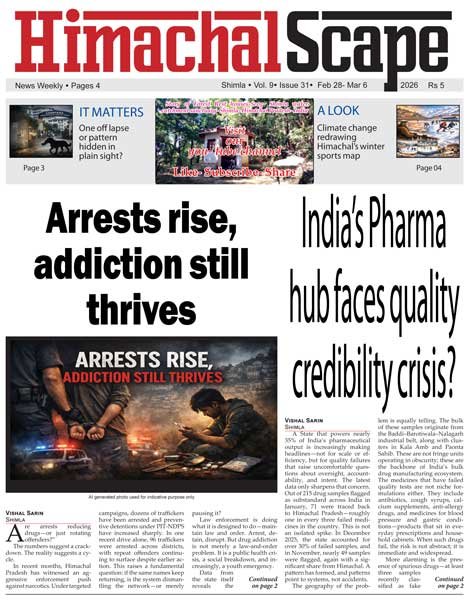
Photo used for indicative purpose only. Source internet
Shimla, July 1,
Himachal Pradesh High court recently passed a verdict that mere act of protesting or making remarks on social media without any accompanying threat or force does not constitute obstruction.
The court cited previous judgments, including Surinder Singh Chauhan v. State of Himachal Pradesh, to support its decision.
The court inferred that passive conduct or verbal protests, in the absence of any physical interference or threat, do not amount to voluntary obstruction of a public servant. This interpretation aims to ensure that the right to protest is not unduly curtailed while maintaining the efficacy of public servants in discharging their duties.
The judgment quashed the charges under Section 186 IPC against Sita Ram Sharma and acquitted him of all allegations. The court emphasized that continuing with the trial would constitute an abuse of the legal process, given the lack of substantial evidence to support the charge of obstruction.
Delivering a verdict on recently in a cae of Sita Ram Sharma vs. State of Himachal Pradesh & Anr the bench of Justice Sandeep Sharma, held that the essential ingredients for an offense under Section 186 IPC were not met.
The court observed that there was no physical obstruction or overt act by the petitioner that hindered the police officer.
The judgment spans multiple pages detailing the arguments, legal provisions, and the court’s reasoning.
The judgment clarifies the scope of Section 186 IPC, emphasizing that mere verbal protests without physical obstruction do not constitute an offense under this section.
This detailed explanation provides a comprehensive understanding of the case, the legal arguments presented, and the court’s rationale in reaching its decision.
The case involves the petitioner, Sita Ram Sharma, who was accused under Section 186 of the Indian Penal Code (IPC) for allegedly obstructing a police officer in the discharge of his duties. The incident occurred when Sharma was stopped for not wearing a seatbelt and subsequently challaned under Sections 177 and 179 of the Motor Vehicles Act. During the interaction, Sharma went live on Facebook and made certain remarks, which led to the obstruction charge.
The petitioner argued that mere protesting and using intemperate language without any physical obstruction or overt act does not constitute an offense under Section 186 IPC. Sharma’s counsel contended that his actions were a form of passive conduct that did not interfere with the police officer’s ability to perform his duty.
The prosecution argued that the petitioner’s actions, including going live on Facebook and making remarks, amounted to obstruction. They claimed that such behavior disrupted the police officer’s duty and hence fell under the purview of Section 186 IPC.

The HimachalScape Bureau comprises seasoned journalists from Himachal Pradesh with over 25 years of experience in leading media conglomerates such as The Times of India and United News of India. Known for their in-depth regional insights, the team brings credible, research-driven, and balanced reportage on Himachal’s socio-political and developmental landscape.









